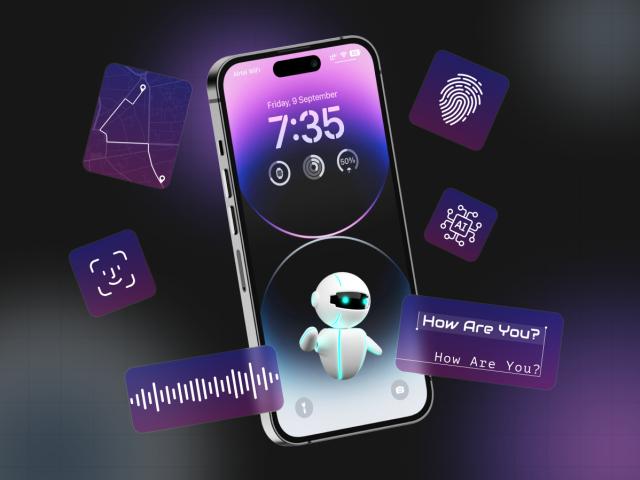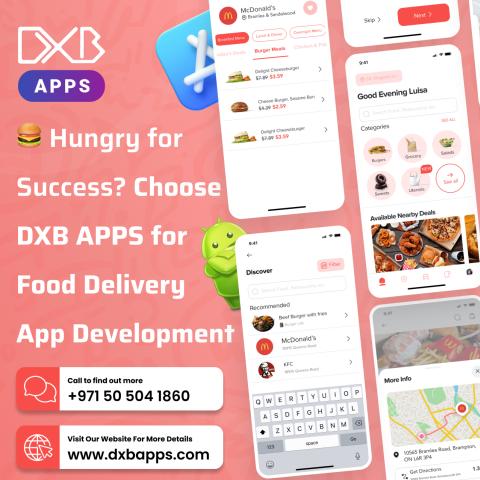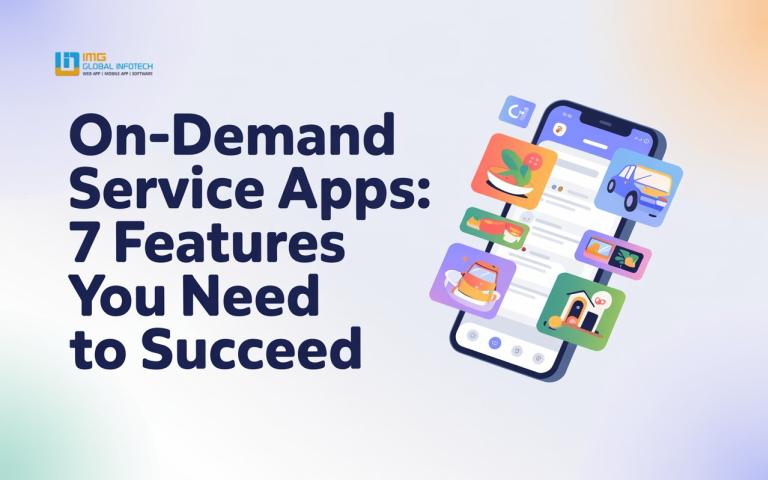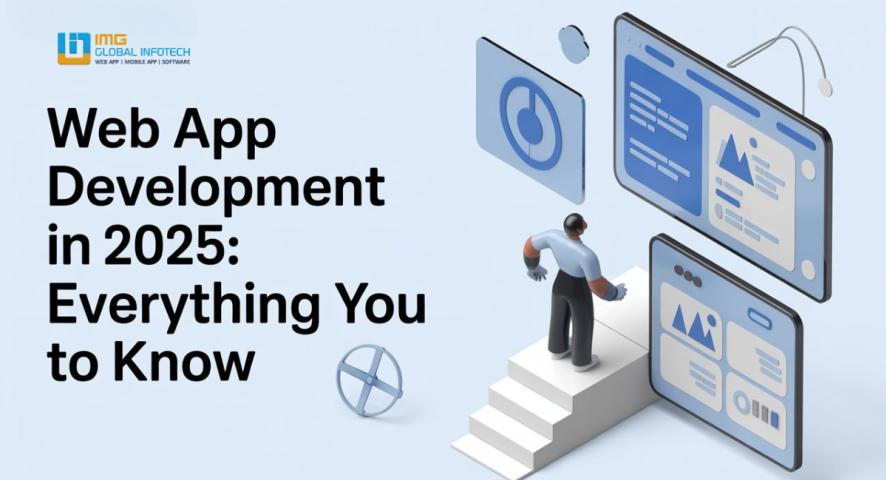In today's fast-paced digital landscape, mobile app development for startups is more than a luxury; it's a necessity. Mobile apps not only help businesses reach a broader audience but also establish a strong brand presence and drive revenue.
With over 7 billion mobile users globally (Statista, 2023), startups have an unprecedented opportunity to leverage mobile applications for growth and success.
Why Startups Need Mobile Apps
Mobile apps are pivotal for startups looking to carve out a niche in competitive markets. Here’s why:
Enhanced Customer Engagement: Apps offer direct interaction channels like push notifications, in-app messaging, and feedback forms.
Brand Recognition: A well-designed app improves visibility and helps establish credibility in the market.
Revenue Generation: Apps with monetization features like subscriptions, in-app purchases, or ads can provide steady income streams.
Key Considerations Before Developing a Mobile App
Before diving into app development, startups need a clear strategy. Consider these factors:
Define Objectives: Clearly outline the app’s purpose and target audience.
Market Research: Identify competitors and analyze market trends.
Platform Selection: Choose between iOS, Android, or a cross-platform solution based on audience preferences.
Budget Planning: Allocate resources wisely, considering both development and post-launch maintenance.
Steps to Develop a Mobile App for Startups
Ideation and Concept Validation
Startups should focus on innovative yet practical app ideas. Validate these ideas through:
User surveys and feedback.
Competitor analysis to identify market gaps.
Proof of concept (POC) testing.
Designing the User Experience (UX/UI)
User experience is crucial for app success. Follow these best practices:
Keep the interface intuitive and visually appealing.
Use tools like Figma or Adobe XD for wireframing and prototyping.
Ensure the design aligns with the brand identity.
Development and Testing
Efficient development ensures faster time-to-market. Use:
Agile Methodology: Break the project into sprints for better control and adaptability.
Tech Stacks: Frameworks like React Native or Flutter for cross-platform apps.
Rigorous testing for bugs, performance, and security.
Deployment and Maintenance
Launching the app is just the beginning. Ensure:
Smooth submission to app stores (Google Play, App Store).
Regular updates based on user feedback.
Effective marketing strategies to increase downloads.
Challenges in Mobile App Development for Startups
Startups face several hurdles in app development, such as:
Limited Budget: High development costs can be daunting for startups.
Competition: Standing out in a saturated market requires innovation.
Scalability: Building an app that can handle future growth is essential.
Security Concerns: Protecting user data is non-negotiable.
Solutions to Overcome Development Challenges
Here are actionable solutions to tackle common issues:
Partner with Experts: Collaborate with a custom mobile app development for startups company for tailored solutions.
MVP Approach: Launch a Minimum Viable Product (MVP) to test the waters before investing heavily.
Cloud-Based Solutions: Use cloud services to enhance scalability and reduce infrastructure costs.
Future Trends in Mobile App Development for Startups
The future of app development is exciting and transformative. Key trends include:
AI and ML Integration: Apps powered by AI can deliver personalized user experiences.
Blockchain Technology: Enhance app security and enable transparent transactions.
AR/VR Innovations: Create immersive experiences for gaming, retail, and education apps.
FAQs on Mobile App Development for Startups
How much does it cost to develop an app for a startup? The cost varies based on complexity, ranging from $10,000 to $150,000 or more.
How long does it take to create a mobile app? Typically, 3-9 months, depending on the app’s scope and features.
What are the best platforms for startup apps? iOS, Android, or cross-platform solutions like React Native or Flutter.
Can I scale my app as my startup grows? Yes, scalability is achievable with proper planning and modern technologies like cloud services.
Visual and Content Enrichment Suggestions
Infographic: Benefits of mobile apps for startups.
Chart: Comparison of development costs for various platforms.
Case Study: Highlighting a successful startup’s mobile app journey.
Conclusion
Mobile app development for startups is a game-changer, providing opportunities to engage customers, build a brand, and generate revenue. By addressing challenges strategically and embracing emerging trends, startups can create impactful apps that drive long-term success. Ready to transform your idea into a functional app? Explore custom mobile app development for startups to get started today.















